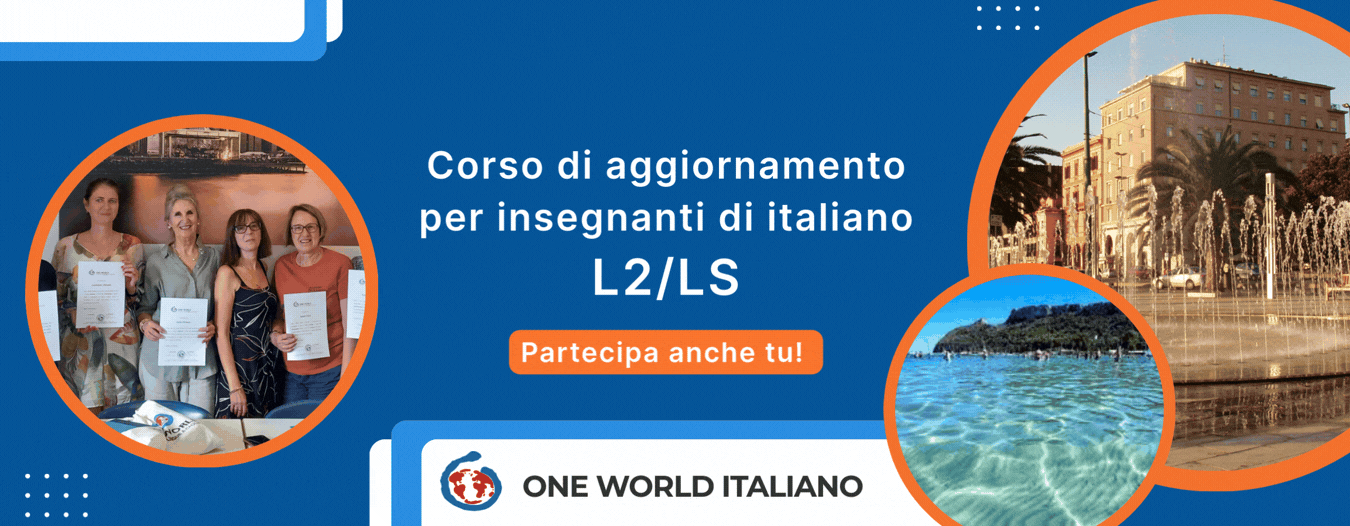Italian Participles
The participle is an impersonal form. There are two forms, the present participle and the past participle.
- The present participle is used as:
a noun (e.g. insegnante),
an adjective (e.g. pesante),
occasionally as an adverb (e.g. mediante).
For regular verbs it is formed in the following way:
amare = amante
credere = credente
dormire = dormiente
- The past participle is used to form certain tenses of verbs. Examples:
Ho letto tantissimi libri.
Ieri siete stati al mare?
I miei genitori sono partiti questa mattina.
Every verb has a past participle and for regular verbs it is formed in the following way.
Mangiare (to eat)
|
Credere (to believe)
|
Partire (to leave)
|
The past participle
of the verbs essere and avere.
Essere (to be)
|
Avere (to have)
|
Here are some irregular past participles:
Verbirimanere |
Participio Passatorimasto/a |
See also:
Past Participles of Irregular Italian VerbsItalian Verb Tenses Exercises: Italian Irregular Past ParticiplesItalian Past Participle Video Exercise


